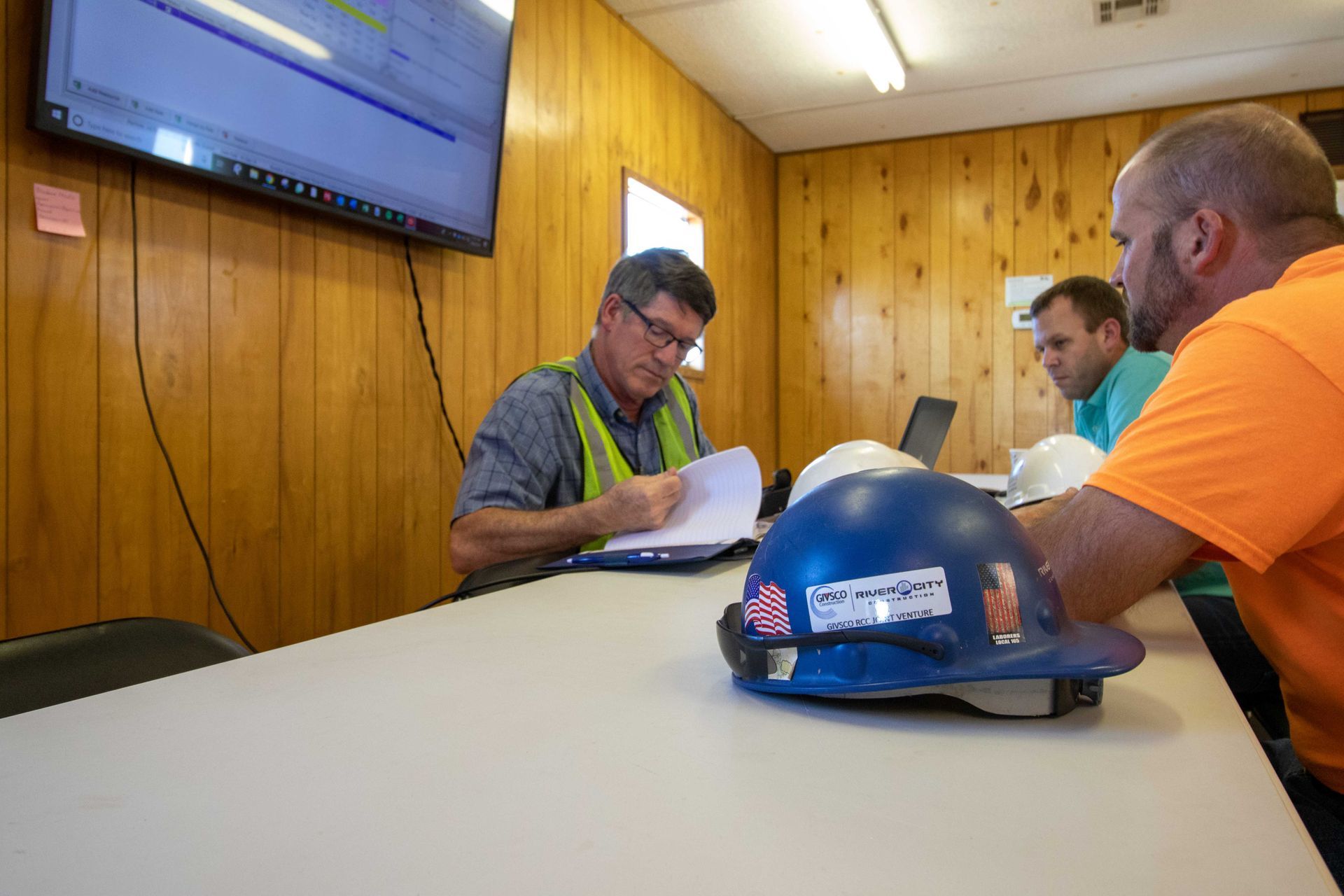The Crucial Role of Communication in Construction
Effective communication is the cornerstone of successful construction projects. In an industry characterized by complex processes, numerous stakeholders, and significant financial investments, transparent and efficient communication ensures projects finish on time, within budget, and to the required standards.
Delve into why communication is essential in construction and how to enhance it within your projects.
Coordination and Collaboration
Construction projects involve various teams, including architects, engineers, contractors, subcontractors, suppliers, and clients. Effective communication is vital for coordinating these diverse groups, ensuring everyone is aligned and working towards the same objectives. Miscommunication can lead to misunderstandings, errors, and delays. Regular meetings, clear documentation, and collaborative tools help maintain seamless coordination.
Risk Management
Construction projects are fraught with safety hazards, financial risks, and unforeseen delays. Proper communication enables early identification and mitigation of these risks. For instance, safety protocols need to be communicated and understood by all workers to prevent accidents. Similarly, financial updates and progress reports keep stakeholders informed, allowing timely interventions if issues arise.
Quality Control
Maintaining high-quality standards is crucial in construction. Clear communication of project specifications, standards, and expectations ensures that everyone involved understands the quality benchmarks that must be met. Regular feedback and inspections can identify deviations from quality standards early, allowing for corrective actions before they escalate into significant issues.
Efficiency and Productivity
Effective communication enhances efficiency and productivity on construction sites. Clear instructions and expectations help workers understand their tasks and responsibilities, reducing confusion and downtime. Communication tools like project management software can streamline processes, track progress, and ensure everyone is informed about project timelines and milestones.
Client Satisfaction
Clients are central to any construction project. Regular, transparent communication with clients manages expectations and promptly addresses their concerns. Providing clients regular updates on project progress, potential issues, and solutions fosters trust and satisfaction. Satisfied clients will more likely recommend your services and engage in future projects.
Conflict Resolution
Due to the complexity and scale of projects, disputes and conflicts are inevitable in construction. Effective communication plays a crucial role in resolving these conflicts. Open communication channels allow parties to express their concerns, negotiate solutions, and reach agreements amicably; this prevents minor issues from escalating into heated feuds that can derail a project.

Strategies to Enhance Communication in Construction
Given the importance of communication in construction, it is essential to implement strategies to enhance it. Here are some practical approaches.
Establish Clear Communication Channels
Define and establish clear communication channels for different types of information. Use project management tools to facilitate real-time communication and ensure all stakeholders can access the necessary information. Email, instant messaging, video conferencing, and collaborative platforms are essential for effective communication.
Conduct Regular Meetings
Regular meetings are vital for keeping everyone on the same page. Daily stand-ups, weekly progress meetings, and monthly stakeholder reviews ensure issues are discussed and addressed promptly. Meetings provide an opportunity for team members to share updates, ask questions, and clarify any doubts.
Use Visual Communication
Construction projects are inherently visual, and visual communication tools such as blueprints, diagrams, and 3D models are invaluable. These tools help convey complex information clearly and reduce misunderstandings. Building Information Modeling (BIM) is an excellent example of a visual communication tool that enhances collaboration and understanding among project stakeholders.

Provide Training and Development
Training programs focused on communication skills can significantly improve the effectiveness of project teams. Training can include conflict resolution, active listening, and practical presentation skills. Regular workshops and seminars help keep communication skills sharp and up-to-date.
Foster a Culture of Open Communication
Create a work environment that encourages open and honest communication. Encourage team members to voice their concerns, ask questions, and share ideas without fear of retribution. An open communication culture fosters trust and collaboration, improving project outcomes.
Work With Thomas D. Wilson Consulting
In the dynamic and challenging world of construction, effective communication is not just beneficial—it is essential. By ensuring that all parties are well-informed, aligned, and engaged, you can mitigate risks, enhance quality, boost productivity, and achieve client satisfaction. Investing in communication strategies and tools is an investment in the success of your construction projects.







